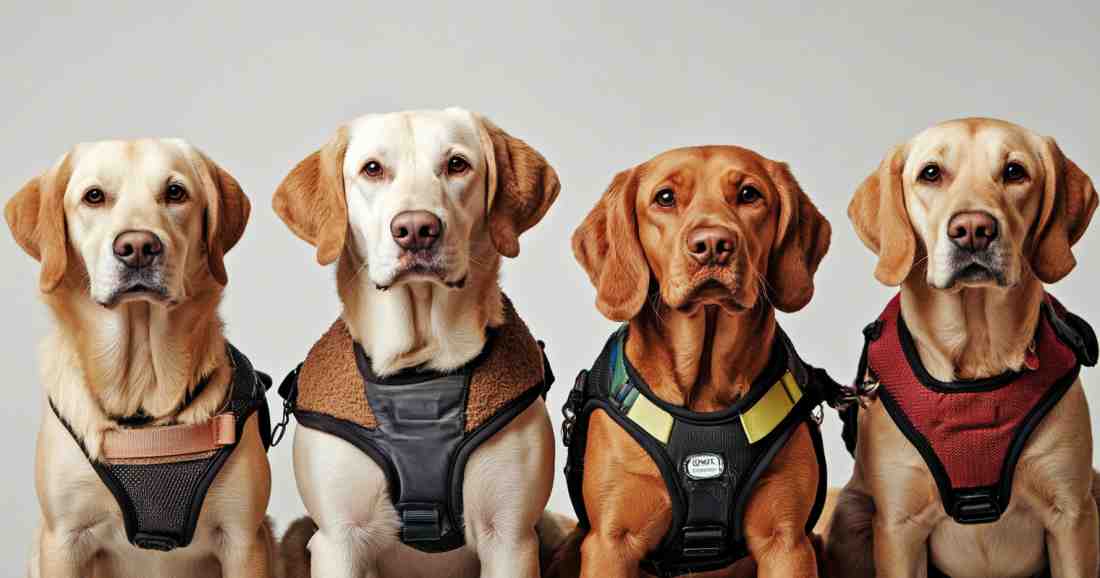
Find the perfect service dog tailored to your needs with the practical What Breed of Service Dog Should I Get Quiz – Find the Best Canine Partner for Your Needs! Have you been considering getting a service dog? The What Breed of Service Dog Should I Get Quiz will help you find the perfect breed based on your specific needs, lifestyle, and level of assistance required. Service dogs perform essential tasks, from mobility support to medical alert services. However, not every breed excels in the same role. Taking the What Breed of Service Dog Should I Get Quiz will guide you toward the best match for your situation.
Choosing the right service dog breed depends on several factors. Each breed has different strengths, energy levels, and abilities that make them more suitable for specific tasks. If you’re unsure which breed fits your needs, the What Breed of Service Dog Should I Get Quiz will help you make an informed decision.
What Factors Determine the Best Service Dog Breed for You?
- Do you need mobility support? Large breeds like Labrador Retrievers and Golden Retrievers provide stability and balance assistance.
- Require medical alert assistance? Poodles and Border Collies can detect changes in blood sugar or seizures before they happen.
- Looking for a psychiatric service dog? Breeds like Labrador Retrievers and German Shepherds excel in emotional support and PTSD assistance.
- Live in a small space? Miniature Poodles and Cocker Spaniels can provide service tasks without requiring much room.
What Breed of Service Dog Should I Get Quiz – Understanding the Different Types of Service Dogs
Service dogs receive specialized training to assist their handlers. Some provide physical support, while others alert to medical emergencies or help with emotional regulation. The What Breed of Service Dog Should I Get Quiz will match you with a breed that suits your needs and lifestyle.
- Need a guide dog for vision impairment? Labrador Retrievers and Golden Retrievers are excellent choices.
- Require deep pressure therapy for anxiety or PTSD? Great Danes and Bernese Mountain Dogs provide calming support.
- Looking for a hearing dog? Cocker Spaniels and Border Collies respond quickly to sound cues.
- Need a hypoallergenic service dog? Poodles and Labradoodles shed less and work well for allergy sufferers.
Fun Facts About Service Dogs
Service dogs complete extensive training, often for more than a year, to perform their tasks. Some breeds, like the Labrador Retriever, have a natural inclination for service work due to their intelligence and friendly demeanor. Many service dogs recognize changes in their owner’s body language or scent, allowing them to alert before a medical emergency. If you want a service dog, the What Breed of Service Dog Should I Get Quiz will help you find the right breed.
Take the What Breed of Service Dog Should I Get Quiz Now
Still wondering which service dog breed is right for you? The What Breed of Service Dog Should I Get Quiz will evaluate your specific needs, lifestyle, and preferences to match you with the perfect service dog. Find out which breed can provide the best support and companionship for you!
